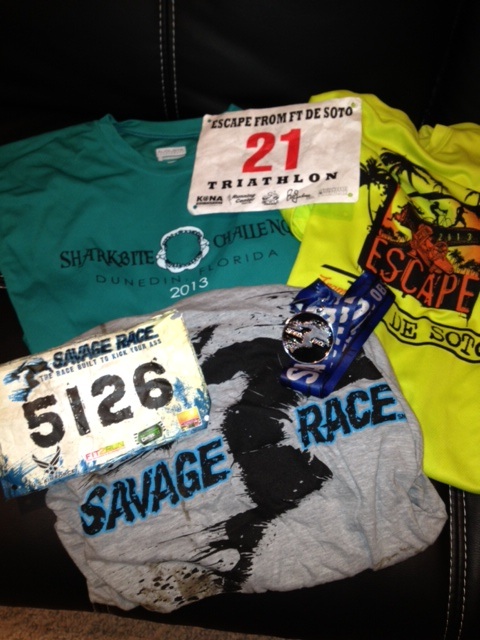 Participation trophies are a polarizing topic. Some believe the trend of giving kids trophies regardless of performance dampens motivation and brings about a sense of entitlement. Others believe it’s a harmless gesture that builds self-esteem.
Participation trophies are a polarizing topic. Some believe the trend of giving kids trophies regardless of performance dampens motivation and brings about a sense of entitlement. Others believe it’s a harmless gesture that builds self-esteem.
I tend to fall into the first camp. I received just one trophy as a kid despite playing baseball and/or basketball from the age of 8 through high school. That’s because my youth sports leagues awarded trophies to only the first-place teams. The second place teams received plaques, if that, and third place and beyond got nothing. Thus, getting a trophy was a big deal and strong motivation.
But we’ll save the participation trophy debate for another day. One overlooked downside to awarding trophies, ribbons, and certificates for everything is that it produces clutter. Plus, the award becomes the focus, not the experience.
This isn’t just true of youth sports leagues. We’ve reached the point in adult endurance sports where athletes expect a medal for finishing not just an Ironman triathlon or a marathon but every run-of-the-mill 5K run, even if it’s a “themed” race where most “runners” just walk around getting doused with colored powder. So you get a finisher’s medal, along with a T-shirt, and a “swag” bag full of sponsor promotional items (pens, key chains, etc.) and plenty of paper advertisements. Often the bag is a nylon backpack with the race logo.
So we’ve transformed what should be a physical challenge focused on pushing your body to new heights into a shopping experience. Pay $50, $75, or $125 and get a bunch of stuff. Do enough of these races and soon you have a drawer full of T-shirts, a box full of medals, and promotional items cluttering your home.
This same mindset often takes root in vacations. Rather than focusing on exploring new places and trying unusual experiences, many emphasize the accumulation of souvenirs, artwork, clothes, and home decor to remind them of the “experience.” Which is appropriate since for many people vacations are about shopping and consuming.
Thankfully, digital photography has eliminated the clutter produced by vacation photos. Those of us of a certain age will remember sorting through “free double prints” from the pharmacy and being subjected to marathon slide presentations – actual film slides, not PowerPoint – from Aunt Millie’s trip to China.
Though digital cameras have eliminated this torture and kept vacationers from shooting photos of scenery and famous sights that now can be found online, technology has contributed to a self-absorbed culture where we must photograph everything rather than just take in the experience. We live in the era of “photos or it didn’t happen,” which places the focus more on photographing the experience and sharing it online immediately over living mindfully in the moment.
Before we embark on any experience, whether it’s entering an endurance race or planning a vacation, we consider the cost in terms of time and money. That’s only natural. We think of the joy the experience will bring. But whether we think of it or not, we’re also weighing the swag we’ll receive.
That’s why I’ve come to consider experiences solely for, well, the experience. Would I enter this race if it there were no T-shirt, finisher’s medal or swag? It not, then why do the race? Would I attend this professional sports event were it not for a free giveaway? If not, why pay to watch an event for two to three hours if I wouldn’t do so otherwise? Would I take this trip if I knew I would bring home nothing but memories and perhaps digital photos that I did not share online?
As for participation trophies, how many of those kids would play sports were it not for knowing they’d receive a trophy at the end of the season? Probably most, but some no doubt have become so conditioned to receiving a trophy that the plastic trinket on a small slab of marble becomes the primary motivation.
Today’s 6-year-old receiving a participation trophy becomes the adult who looks for swag and finisher’s medals at a 5K, spends vacations shopping for “memories,” and makes decisions based on “free” giveaways.
Why not live lean and design your life around actual rich experiences, not the souvenir clutter they might bring?
